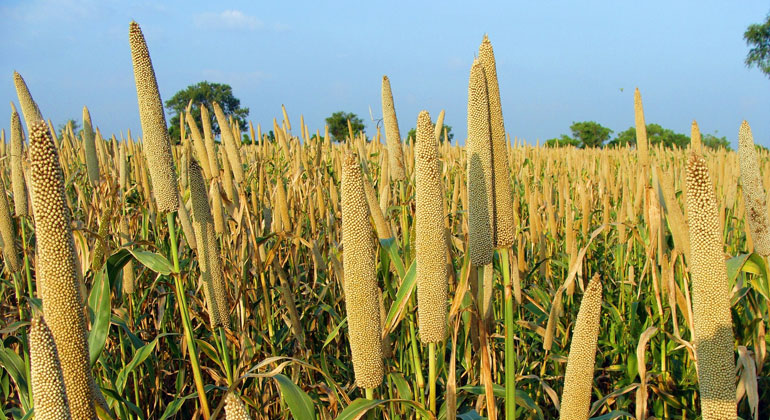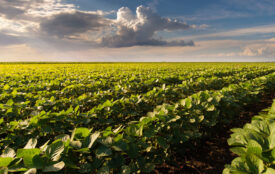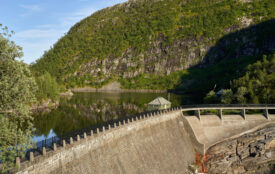Climate change threatens cereal crop yields
The effects of climate change pose a major challenge for cereal production in many regions.
In a recently published study in “Nature Reviews Earth & Environment”, ZALF scientists have investigated how warmer temperatures, increased carbon dioxide levels and changes in water availability affect globally important cereals such as wheat, maize, millet, sorghum and rice.
In the case of a climate change scenario without adaptation measures, the simulated global crop yield losses for cereals are between seven and 23 percent. The negative effects of climate change on cereal yields in higher latitudes could potentially be offset or even reversed through carbon dioxide fertilization and adaptation options. However, this would require significant investment and resources, for example in irrigation infrastructure and water availability. These adaptations could increase wheat yields in higher latitudes by up to 40 percent compared to the baseline, according to the authors of the study. In lower latitudes, carbon dioxide fertilization is less beneficial. Irrigation and nutrient management are probably the most effective adaptation options.
Millet and sorghum crops are often neglected in other studies in favor of wheat, maize and rice, but are important for food security in parts of Africa. Therefore, more targeted experimental and modelling studies are necessary to gain a clearer understanding of their response to climate change. The study underlines the need for further research to better understand the links between climate change and crop yields. Furthermore, the authors identified the development of new crop varieties as one of the key steps to mitigate the adverse effects of climate change on crop yields.
Further information:
- Zum Paper: Rezaei, E.E., Webber, H., Asseng, S. et al. Climate change impacts on crop yields. Nat Rev Earth Environ (2023). https://doi.org/10.1038/s43017-023-00491-0
- News article about the importance of regionally adapted cultivars and global wheat production
Source
Leibniz-Zentrum für Agrarlandschaftsforschung (ZALF) e. V. Müncheberg 2023








